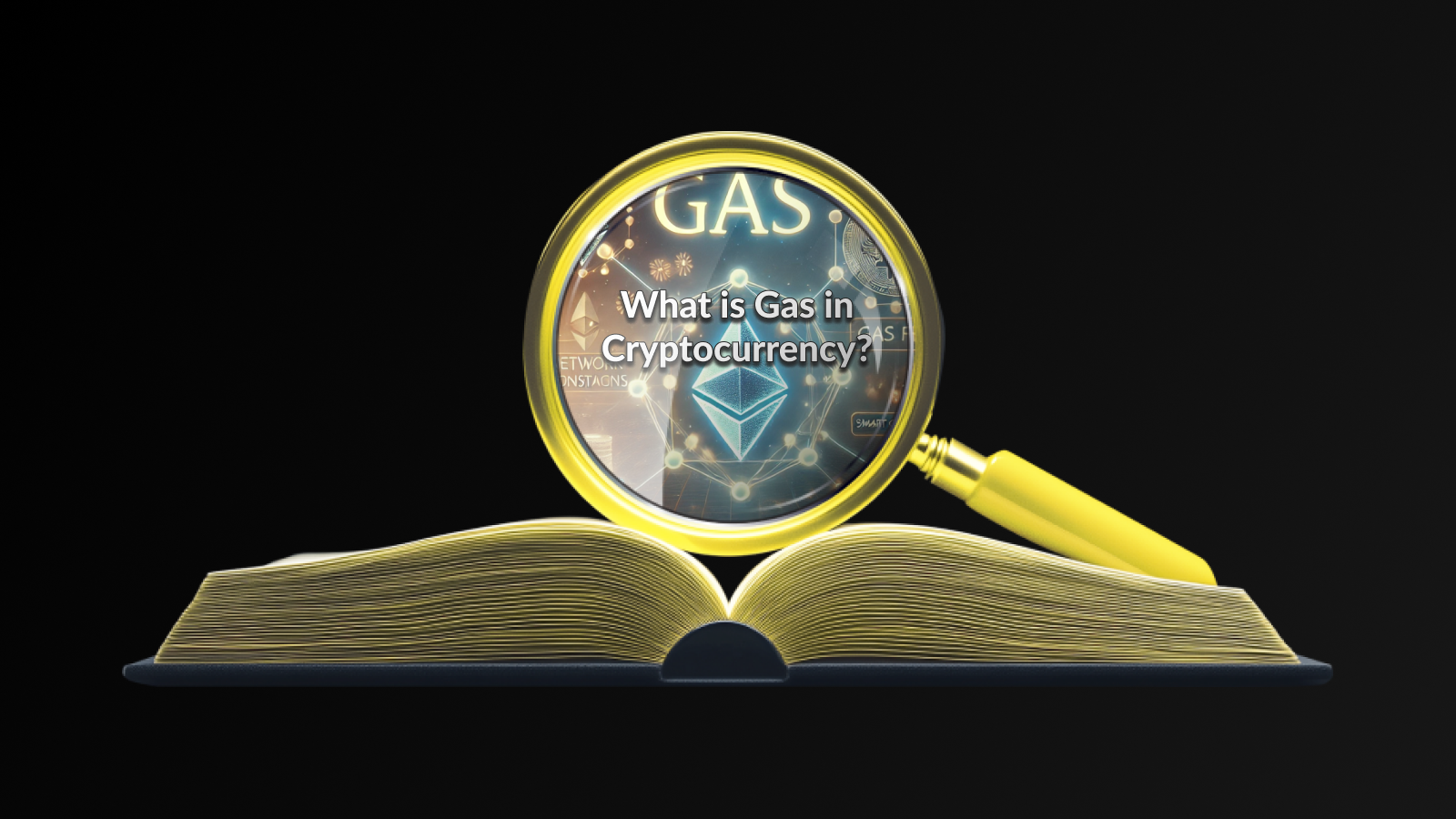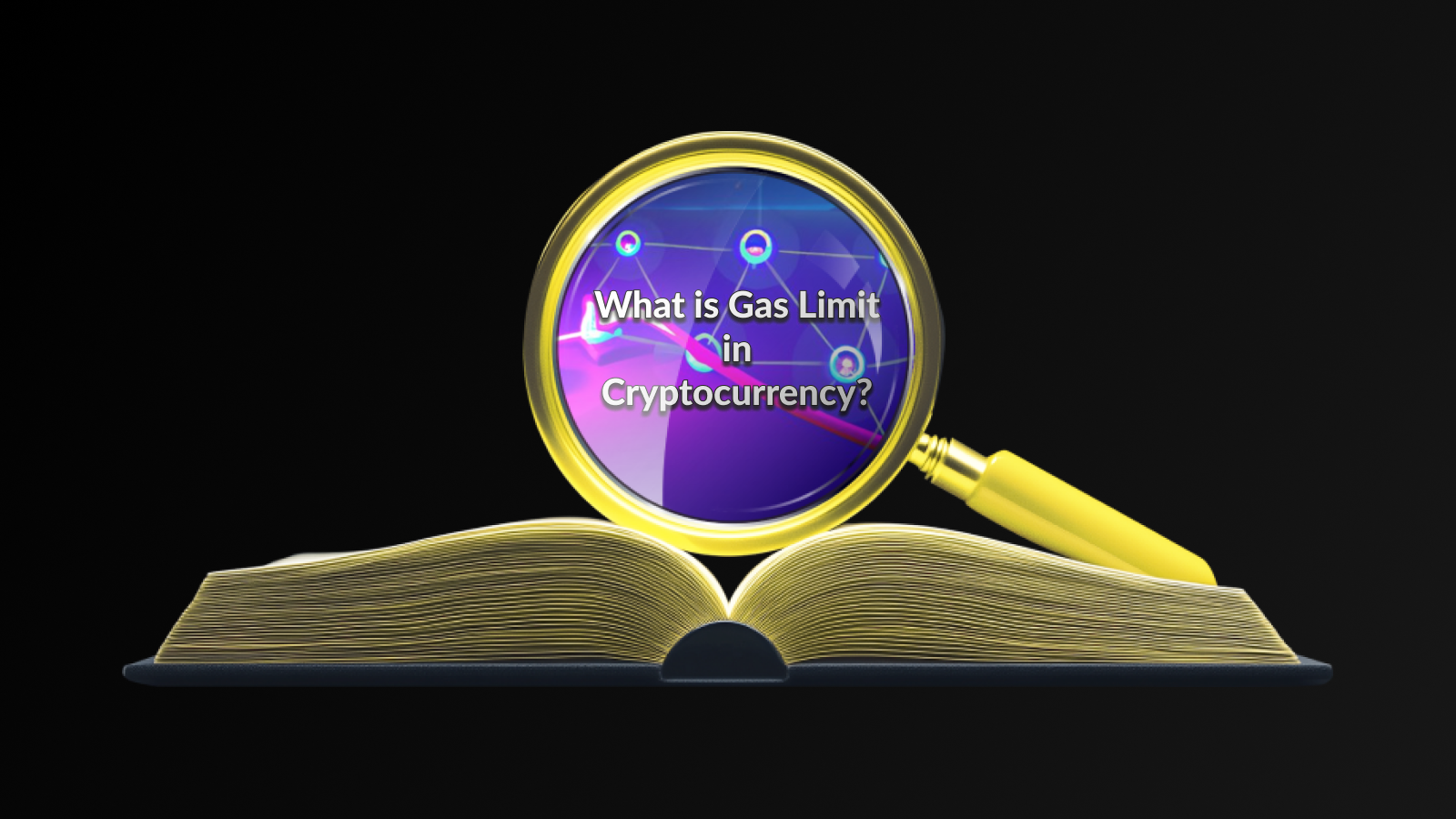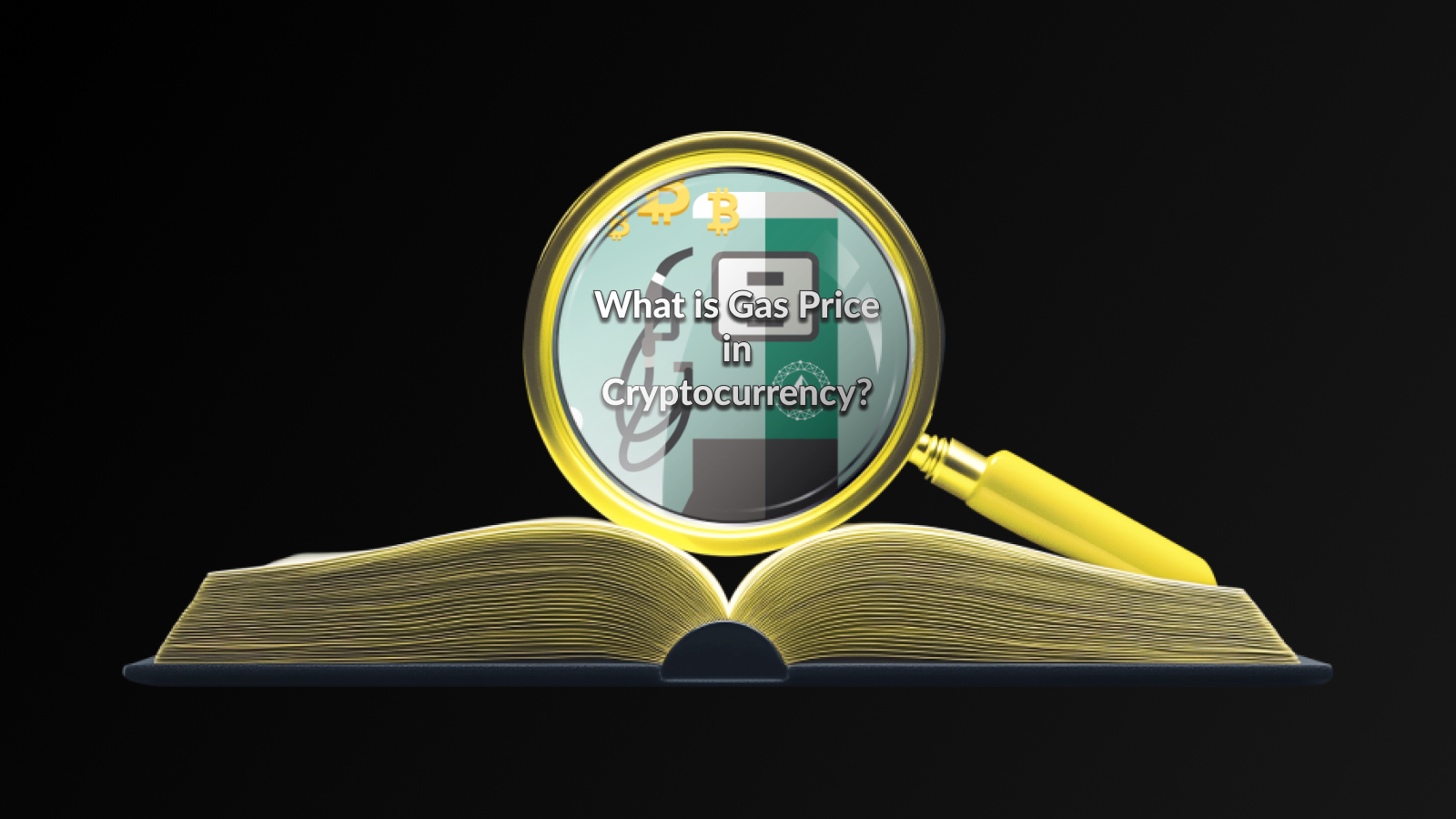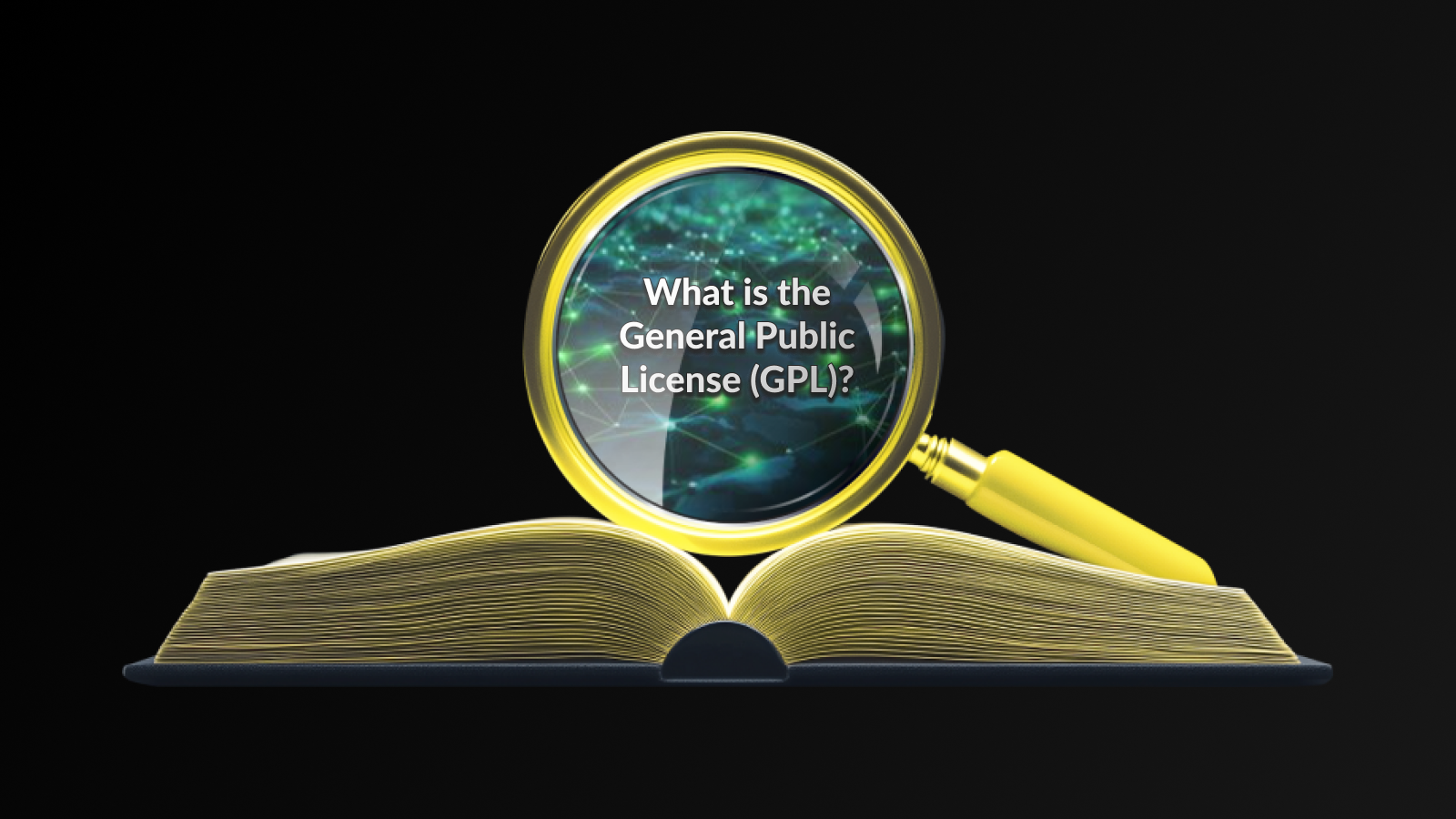Introduction
Discover how gas operates in blockchain transactions, its significance in smart contracts, and effective strategies for managing gas fees.
In the realm of cryptocurrency, particularly within the context of Ethereum, understanding Blockchain Gas Fees is crucial. Gas fees serve as a fundamental mechanism that facilitates transactions and operations on the blockchain. When users engage with the platform, they must compensate miners for the computational energy required to process and validate their transactions. This cost varies based on network congestion and the complexity of the operations, making gas an essential factor in blockchain utilization.
The significance of gas transcends mere financial transactions; it is pivotal in the execution of smart contracts. Each action taken within this automated agreement incurs a gas fee, which ensures that the network remains operational. Consequently, users must strategically manage these costs, particularly when engaging in activities that demand significant computational resources.
Moreover, implementing Ethereum Gas Optimization strategies can lead to substantial savings. By understanding the dynamics of gas pricing and optimizing transaction timings, users can effectively reduce their overall costs while ensuring efficient and timely transactions. This not only enhances user experience but also contributes to the ecosystem’s sustainability.
Understanding how to navigate and manage gas fees is critical for anyone looking to maximize their engagement with Ethereum and other blockchain platforms, underscoring the importance of this often-overlooked yet vital component.
How Does Gas Work in Blockchain Transactions?
In the realm of cryptocurrency, especially on networks like Ethereum, Blockchain Gas Fees play a critical role in the execution of transactions. Gas serves as a unit that measures the amount of computational effort required to process transactions and execute smart contracts on the blockchain. Essentially, every operation carried out by the network requires a certain amount of gas, which must be paid for in the native currency of the blockchain—Ether, in the case of Ethereum.
Gas fees are crucial for maintaining the efficiency and security of the network. When a user wants to initiate a transaction or run a smart contract, they need to indicate how much gas they are willing to spend. Miners prioritize transactions based on the gas price offered; higher gas prices can lead to quicker confirmations as miners are incentivized to include those transactions in blocks they mine.
Each transaction and smart contract execution costs a predetermined amount of gas, depending on the complexity of the operation. For example, a simple transfer of tokens will cost less gas than a complex operation like an NFT minting or a DeFi transaction. Users must also consider network congestion, as higher demand can lead to inflated gas prices, making it more expensive to execute transactions.
To effectively navigate the landscape of gas fees, many users turn to strategies like Ethereum Gas Optimization. These strategies could involve timing transactions during periods of lower network activity or utilizing gas-efficient smart contracts to reduce overall costs.
Understanding how gas works in blockchain transactions is essential for engaging with cryptocurrencies effectively and efficiently. Being aware of the intricacies of gas fees enables users to make informed decisions, thereby enhancing their overall experience in the blockchain ecosystem.
The Role of Gas in Smart Contracts
Gas plays a pivotal role in the execution of smart contracts within blockchain networks, particularly on platforms like Ethereum. When a smart contract is deployed, it requires computational resources to process transactions and execute predetermined actions. Each operation within the smart contract consumes a specific amount of gas, which translates into a fee that must be paid by the user. This mechanism ensures that only the operations deemed necessary are performed, thereby maintaining an efficient blockchain ecosystem.
Moreover, the concept of Ethereum Gas Optimization is essential for developers. By optimizing gas usage, developers can significantly reduce the cost of deploying and interacting with smart contracts. Optimized contracts consume less gas, thus attracting more users who are mindful of Blockchain Gas Fees. Techniques such as minimizing storage usage, reusing computations where possible, and using efficient algorithms can lead to substantial savings.
The fluctuating market for gas fees can impact how smart contracts are written and used. During periods of high demand, gas prices can surge, making transactions expensive. Therefore, understanding gas dynamics is crucial for making informed decisions regarding the timing and execution of smart contracts. This knowledge not only helps in managing costs but also ensures that contracts execute promptly during peak periods.
Gas is not merely a fee but a vital component that governs smart contract functionality. By mastering gas management and optimization techniques, developers can create more efficient and cost-effective solutions in the decentralized ecosystem.
How to Manage Gas Fees Effectively
Managing Blockchain Gas Fees is crucial for anyone interacting with blockchain networks, especially those utilizing Ethereum for transactions and smart contracts. Here are some practical strategies to optimize your gas fees:
- Monitor Network Conditions: Gas fees fluctuate based on network congestion. Use Ethereum gas trackers to stay updated on current rates, allowing you to time your transactions effectively.
- Adjust Gas Prices: When submitting a transaction, you can set a custom gas price. Consider setting a lower gas price during off-peak hours to save costs.
- Batch Transactions: If you need to execute multiple transactions, batching them can significantly reduce the cumulative gas fee, as you will only pay for one set of computational operations.
- Use Gas Tokens: Gas tokens can help you save on fees by allowing you to pre-purchase gas when prices are lower and use them later when prices rise.
- Optimize Smart Contracts: Ensuring that smart contracts are efficient can greatly reduce the gas used in transactions. Look for opportunities to refactor your code to minimize computational demands.
By implementing these strategies, users can better navigate the complexities of Ethereum Gas Optimization and ensure that they make the most of their transactions while minimizing costs. Keeping a proactive approach to managing and understanding gas fees will ultimately enhance your blockchain experience.
Disclaimer
This article is for informational purposes only and does not constitute financial, investment, or legal advice. Always conduct your own research and consult with a professional before making any decisions regarding cryptocurrency transactions or investments.
Click for more Darkex Education articles.





